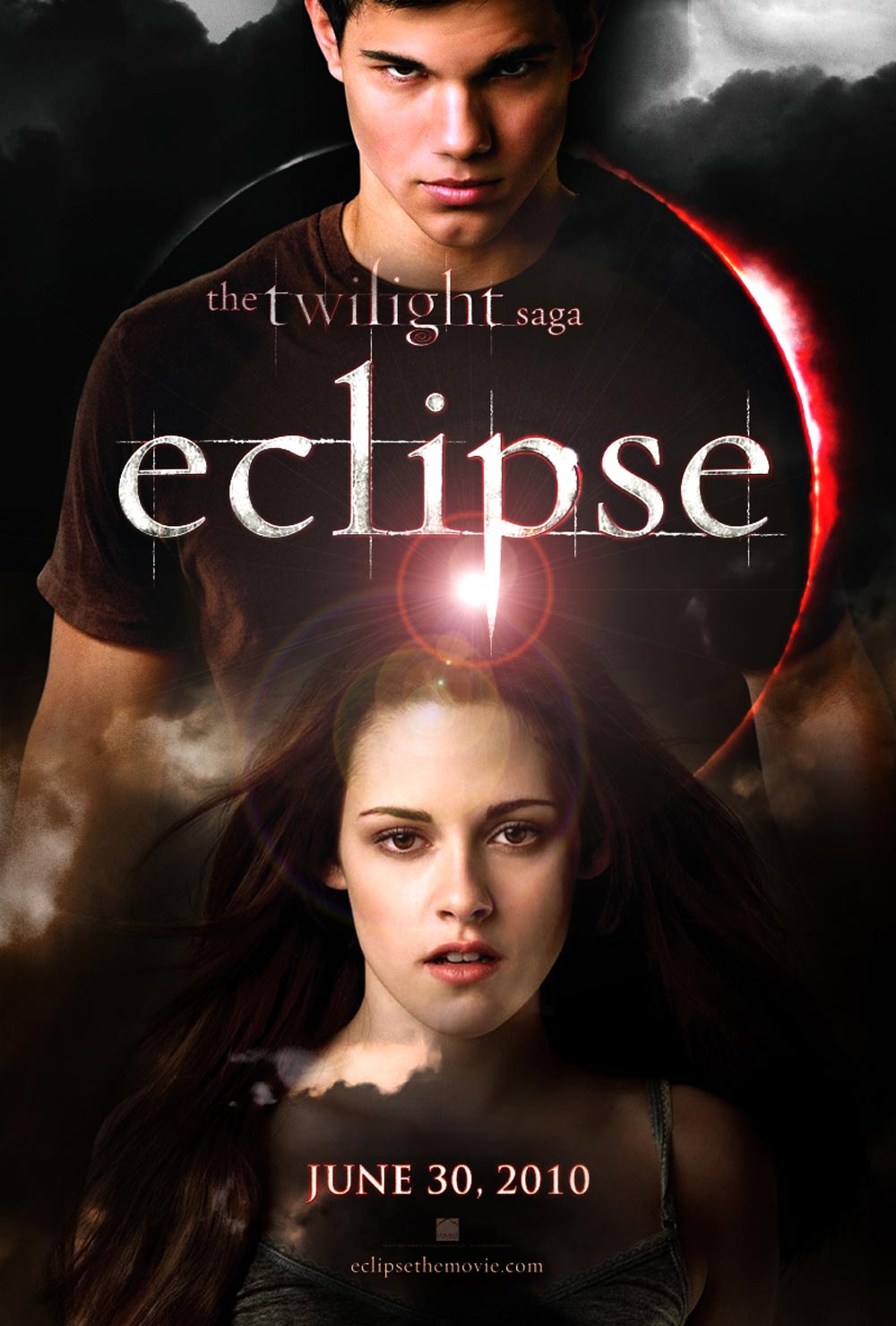In the realm of digital media, MKV movies have emerged as a popular choice for cinephiles and casual viewers alike. The MKV format, officially known as Matroska Video, offers a versatile container that can hold an array of video, audio, and subtitle streams within a single file. This flexibility not only enhances the viewing experience but also makes it easier to manage and share content across different platforms. As technology advances, understanding the nuances of MKV movies becomes essential for anyone looking to dive into the vast ocean of digital entertainment.
The MKV format is particularly favored for its ability to support high-quality video and audio without compromising on file size. This is especially significant in a world where streaming services and downloadable content dominate the media landscape. Moreover, MKV files can encapsulate various codecs and formats, making them suitable for a wide range of devices and media players. Whether you're watching a blockbuster film or an indie short, MKV movies provide the quality and versatility that viewers demand.
As more people turn to digital formats for their entertainment needs, the importance of understanding MKV movies and their benefits cannot be overstated. This article will delve into the intricacies of MKV files, their advantages, how to play them, and much more. So, let's embark on this journey to unravel the world of MKV movies and discover why they are becoming the go-to choice for many film enthusiasts.
What is an MKV Movie?
The MKV movie format is a multimedia container format that can hold various types of data, including video, audio, and subtitles. Developed in 2002, the Matroska format became popular due to its open-source nature and flexibility. Unlike other formats, MKV can store multiple audio tracks and subtitles, making it an ideal choice for international films and those who enjoy watching movies in different languages.
What Are the Key Features of MKV Movies?
MKV movies come with a slew of features that make them stand out from other media formats. Here are some of the key characteristics:
- Versatility: MKV files can contain multiple video, audio, and subtitle tracks, allowing for a richer viewing experience.
- High Quality: The MKV format supports high-definition video, making it perfect for watching movies on large screens.
- Compression: MKV files can maintain high-quality content while being compressed to save space.
- Open Source: Being an open-source format, it is widely supported by various media players and software.
How to Play MKV Movies?
Playing MKV movies is a straightforward process, as most modern media players support this format. Here are some popular options:
- VLC Media Player: This versatile player supports virtually all media formats, including MKV.
- Windows Media Player: With the right codecs installed, you can play MKV files on Windows Media Player.
- KMPlayer: Another popular choice that supports a wide range of formats, including MKV.
- Media Player Classic: A lightweight media player that can easily handle MKV files.
Are There Any Drawbacks of MKV Movies?
While MKV movies offer numerous benefits, there are a few drawbacks to consider:
- Compatibility Issues: Some older devices may not support MKV files, leading to playback challenges.
- File Size: Depending on the quality and content, MKV files can be larger than other formats.
- Complexity: The multiple streams contained in MKV files can sometimes lead to confusion during playback.
How to Convert MKV Movies to Other Formats?
If you encounter compatibility issues or prefer a different format, converting MKV movies is a feasible solution. Here are some popular conversion tools:
- HandBrake: A free and open-source tool that allows you to convert MKV files to various formats.
- Format Factory: A versatile multimedia converter that supports a wide range of formats.
- Any Video Converter: A user-friendly tool that makes video conversion simple and efficient.
What Types of Content Are Available in MKV Format?
MKV movies can encompass a diverse range of content, including but not limited to:
- Feature Films: Both mainstream and independent films are often available in MKV format.
- TV Shows: Many series are distributed in MKV for their versatility and quality.
- Documentaries: Educational content that benefits from high-quality visuals and audio.
- Short Films: Indie creators often use MKV for their projects, making it easier to share their work.
How to Download MKV Movies Safely?
Downloading MKV movies can be risky if not done through legitimate sources. Here are some tips for safe downloading:
- Use Reputable Sites: Stick to well-known platforms that offer legal downloads.
- Check for Malware: Ensure that your antivirus software is up to date before downloading any files.
- Read Reviews: Look for user reviews and ratings of the site you plan to use.
Conclusion: Is MKV the Future of Movie Formats?
In conclusion, MKV movies have carved a niche for themselves in the world of digital media, offering a combination of quality, versatility, and convenience. As technology continues to evolve, the MKV format is likely to remain a favorite among filmmakers and viewers alike. Whether you’re a casual viewer or a dedicated cinephile, understanding and utilizing MKV movies can enhance your overall viewing experience. With the right tools and knowledge, you can easily navigate the landscape of MKV content and enjoy the best that digital media has to offer.


